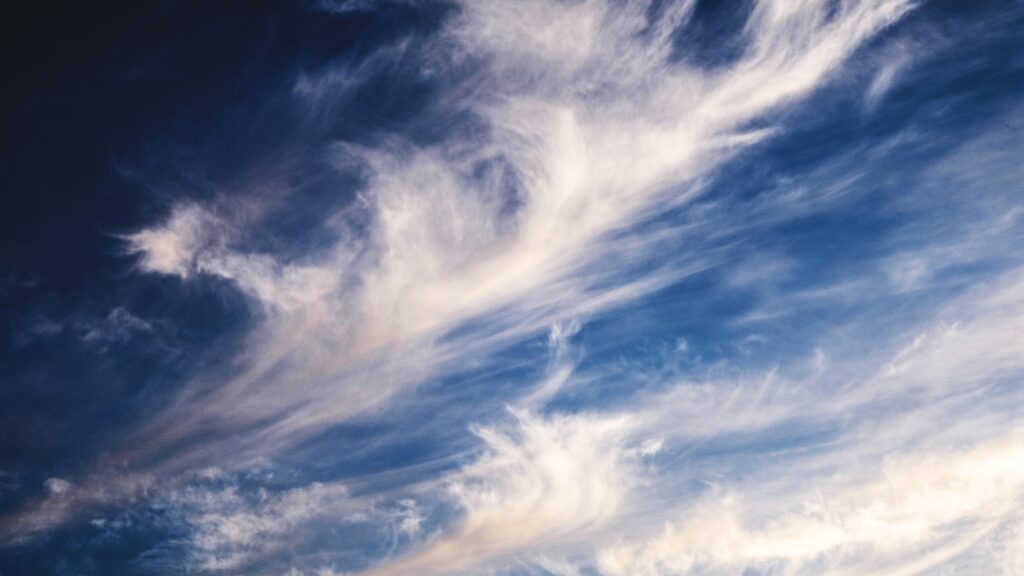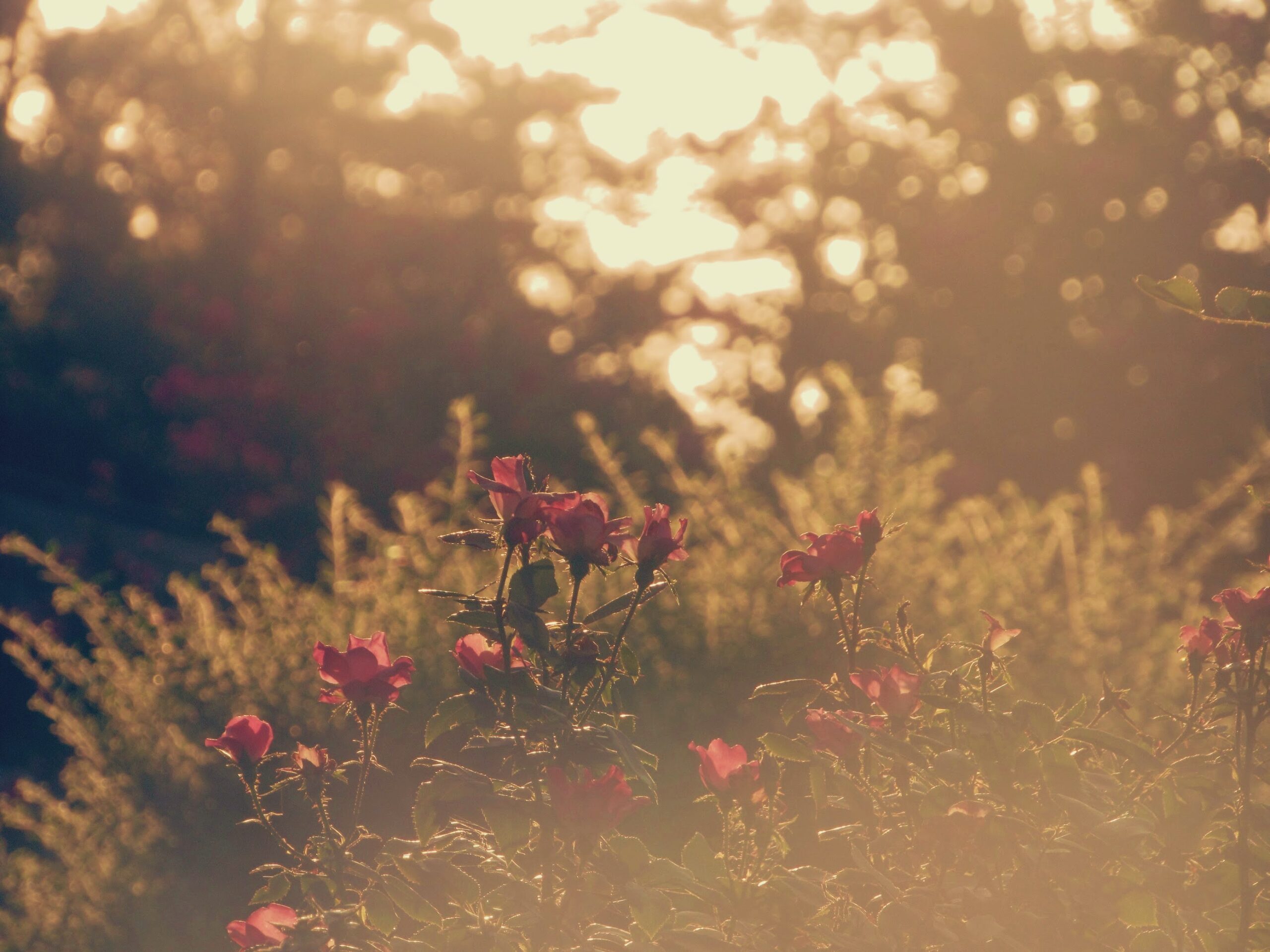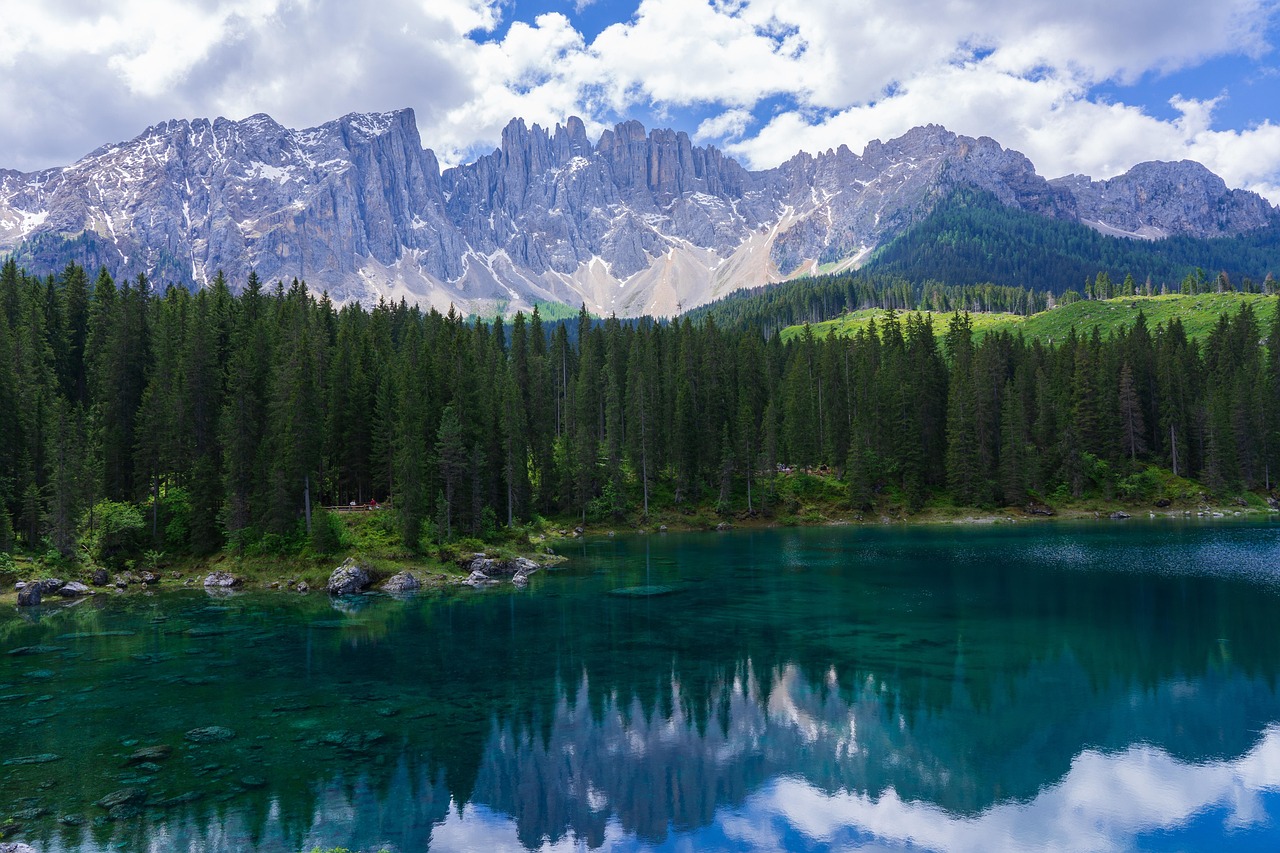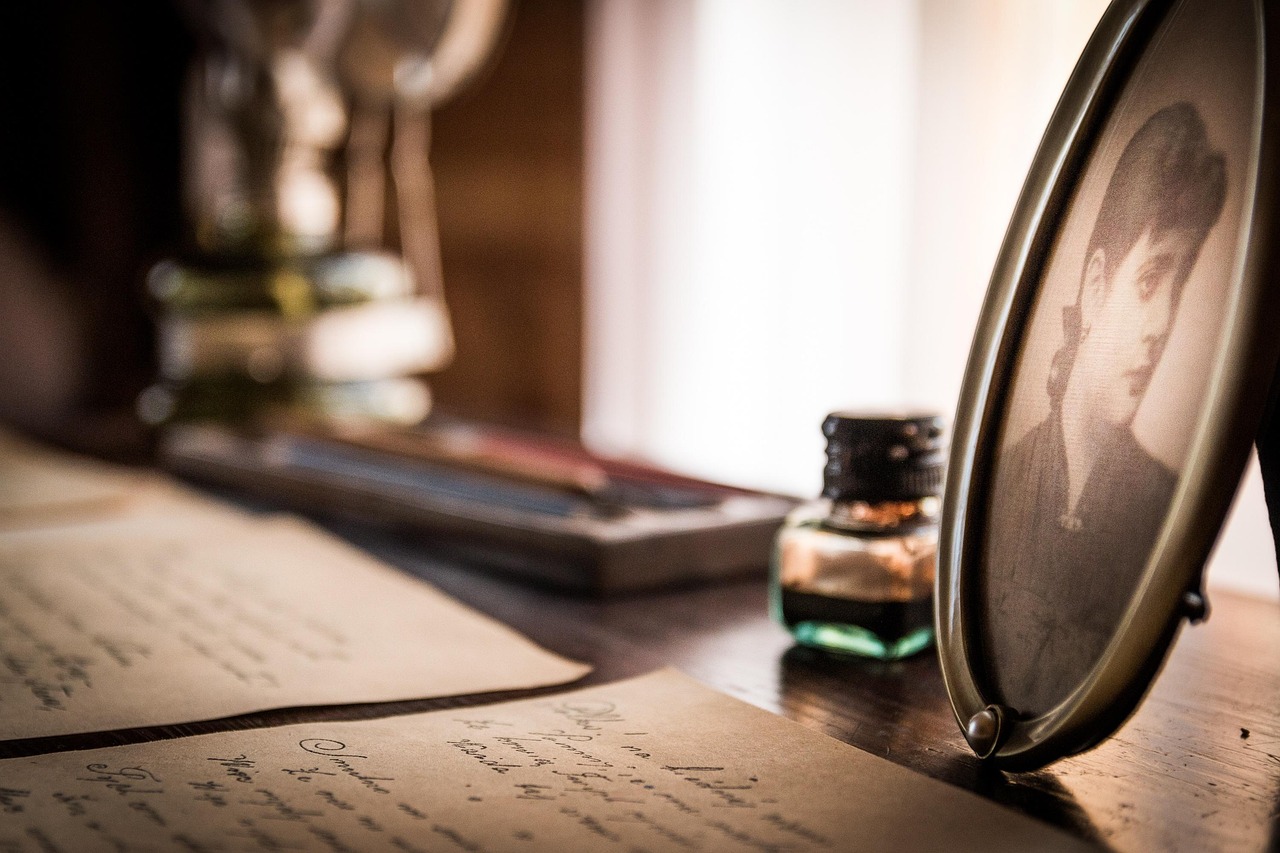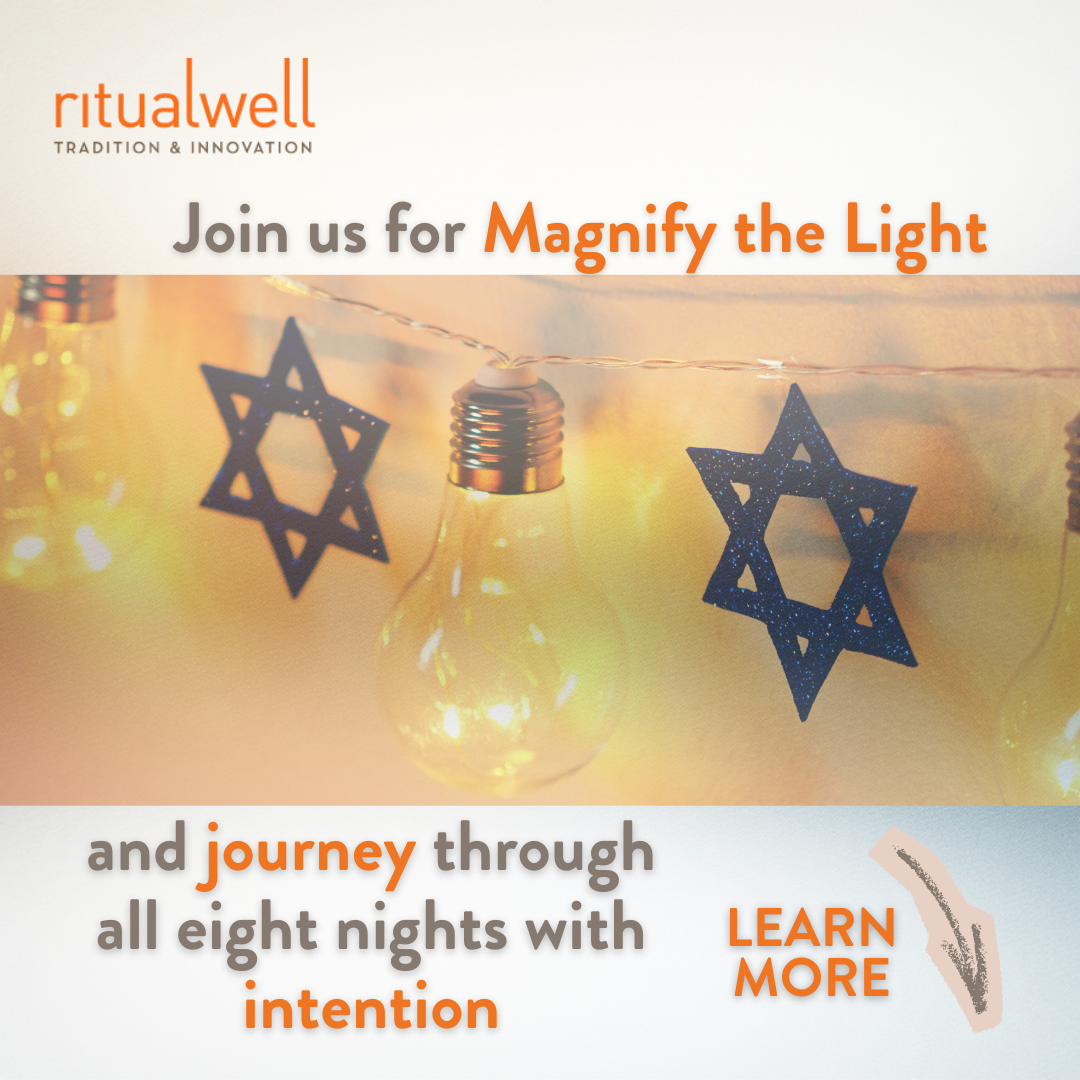…. and Ruakh Elohim, God’s Spirit,
was hovering on the face of the water…
Genesis 1:2
Water has traditionally been used as a medium for purification, but some of us are limited in our physical ability to enter into a mikveh, or have issues related to water, and I’ve been thinking about alternative forms of blessing, focusing on the four elements. Fire, used in smudging and sweat lodges, is found in many cultures. In Islam, if one doesn’t have access to water for ablutions, they can use earth, sand or a stone. But as I thought about our tradition, I heard the words above from the beginning of the Torah echoing in my head, and from those words the following ritual emerged – a blessing with air.
The person to be blessed is seated or standing or lying down, as they choose.
Four people are standing or sitting around them in each of the four directions, holding something they can use as a fan – e.g. an actual fan, a plate, a book they love, or a piece of cardboard decorated for the occasion.
There are one or more ritual leaders standing or sitting with them.
Ritual leader:
We are gathered here today to bless you and welcome you into the covenant. I/we invite you to drop your awareness into your body, and feel your breath rising and falling, feel your heart beating, feel your embodied aliveness in every cell.
We read in the beginning of the Torah that at the start of creation, when the Earth was still shapeless and formless, when there was no light but only darkness on the face of the deep, God’s spirit, Ruakh Elohim, was hovering on the face of the water. To prepare yourself for this ritual, close your eyes and rub your hands on your face, as you are able, remembering that your body is mostly composed of water.
Three times today you will be blessed by air, by breeze, by wind, by holy breath, flowing over and around you, by God’s Ruakh, which was present at the beginning of creation just as it is present here today for you in this new beginning.
Each of the four fan-bearers very slowly wave whatever they are holding in their hands in the direction of the person they’re surrounding, six times.
Ritual leader:
Feel the breath of God, wind of God, Spirit of God blessing you now. Breathe in this holy air, and draw it into your lungs, your body, into all of your cells, renewing you, just as God’s breath was there at the beginning of creation.
Now repeat these words after me:
Blessed are you, Eternal God, ruler of the universe, who sanctifies us through Your mitzvot and who invited me to renew my life in covenant with You.
Again, each of the four fan-bearers slowly wave whatever they are holding in their hands in the direction of the person they’re surrounding, six times.
Ritual leader:
Feel your breath. Feel your body. Feel the changes happening in and around you in this holy moment. Now repeat these words after me.
Blessed is the Eternal, the God of all creation, who has blessed me with life, sustained me, and enabled me to reach this moment.
For the third and final time, the four fan-bearers slowly wave whatever they are holding in the direction of the person they’re surrounding, six times.
Ritual leader:
Again, feel the breath of God, hovering above and around you, blessing you. Breathe in this holy wind, draw it into your lungs, your body, into all your cells, and as you breathe out, know that you’re breathing out into the world the holy breath of God.
Feel too that you are breathing in the spirit of our people, breathing it deep into your cells, and breathing it out again for all the world to share.
Eighteen times you have been blessed with flowing air. Each letter in the Hebrew alphabet has a numerical value, and the value of the Hebrew word for life – chai – is eighteen. Feel the breath of God breathing life into you and please repeat after me these words:
Sh’ma Yisrael, Adonai Eloheinu, Adonai ekhad.
Hear O Israel, the Eternal our God, the Eternal is One!
The ritual leader takes out a tallit, approaches the person who has just been blessed by moving air, and covers or wraps or helps them wrap or cover themself in the tallit.
Ritual leader:
Please repeat after me the words of blessing for putting on a tallit:
Blessed are You, Eternal our God, Ruler of the universe, who has sanctified us with Your commandments, and commanded us to wrap ourselves in Tzitzit.
Ritual leader:
Having been blessed in body and soul by God’s holy breath, by wind, by air, and having been wrapped in this fringed prayer shawl which is our gift to you, (here the ritual leader calls them by their Hebrew name) ______ feel your breath, feel your body, created in the image of God, who breathed life into our first ancestor as life is breathed into us, into you. And as you inhale and exhale, know that you are now fully and in every cell of yourself a member of the Jewish people.

